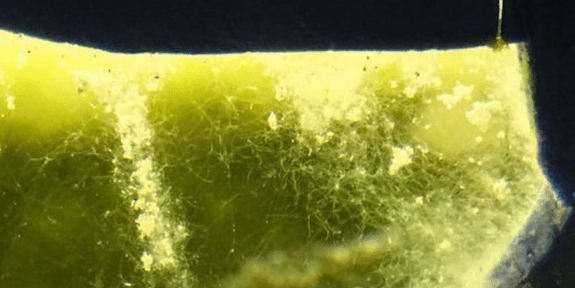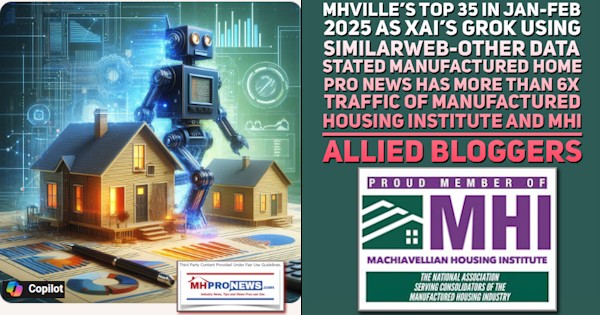
“Microbial fuel cells are energy transducers that exploit the metabolic activity of the constituent microbes to break down organic waste and generate electricity,” says Ioannis Ieropoulos, professor at UWE Bristol’s Robotics Laboratory. “This is a novel application for MFC modules to be made into actuating building blocks as part of wall structures. This will allow us to explore the possibility of treating household waste, generating useful levels of electricity, and have ‘active programmable’ walls within our living environments.”
The programmable walls will be “living engines,” able to sense the environment inside and outside the house, including the residents.
As newatlas (formerly gizmag) informs MHProNews, “Depending on how they’re ‘programmed,’ these bioreactor walls will be able to take in inputs such as grey water, carbon dioxide, sunlight, algae, bacteria and nutrients, and in turn produce resources like ‘polished’ water, oxygen, electricity, heat, biodegradable detergents, biomass and biofluorescence.”
Adds Andrew Adamatzky, the head professor of the UWE Bristol team, “The technologies we are developing aim to transform the places where we live and work enabling us to co-live with the building.”
These smart blocks are part of ongoing global sustainability research at institutions across Europe—and lending a more positive meaning to “blockhead.” ##
(Photo credit:UWE Bristol’s Robotics Laboratory–microbial fuel cell)


























